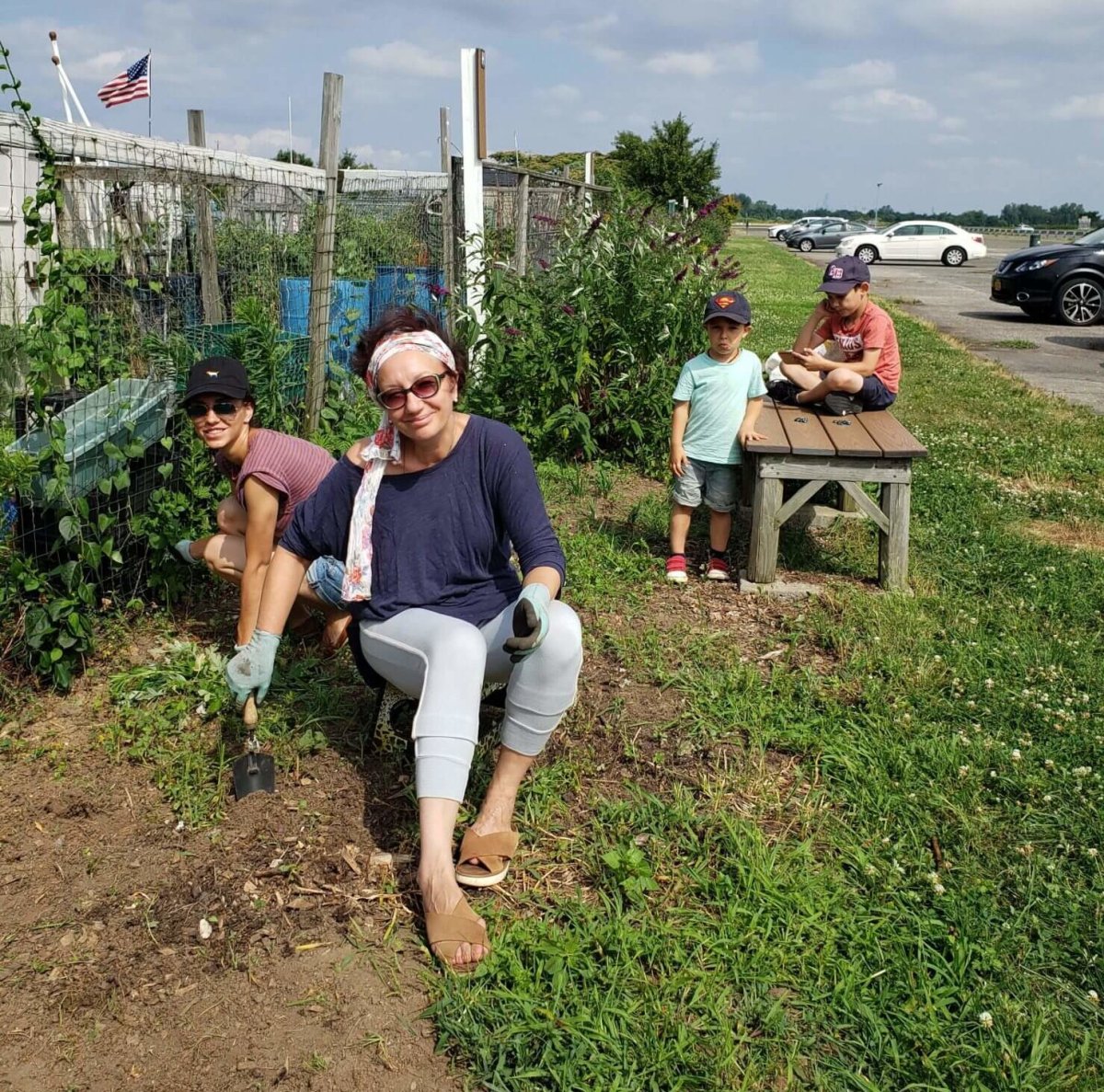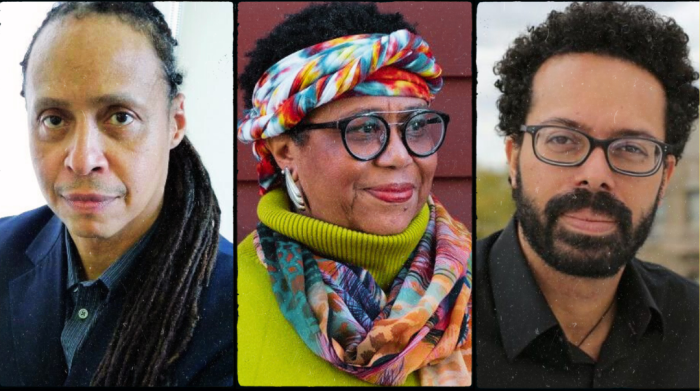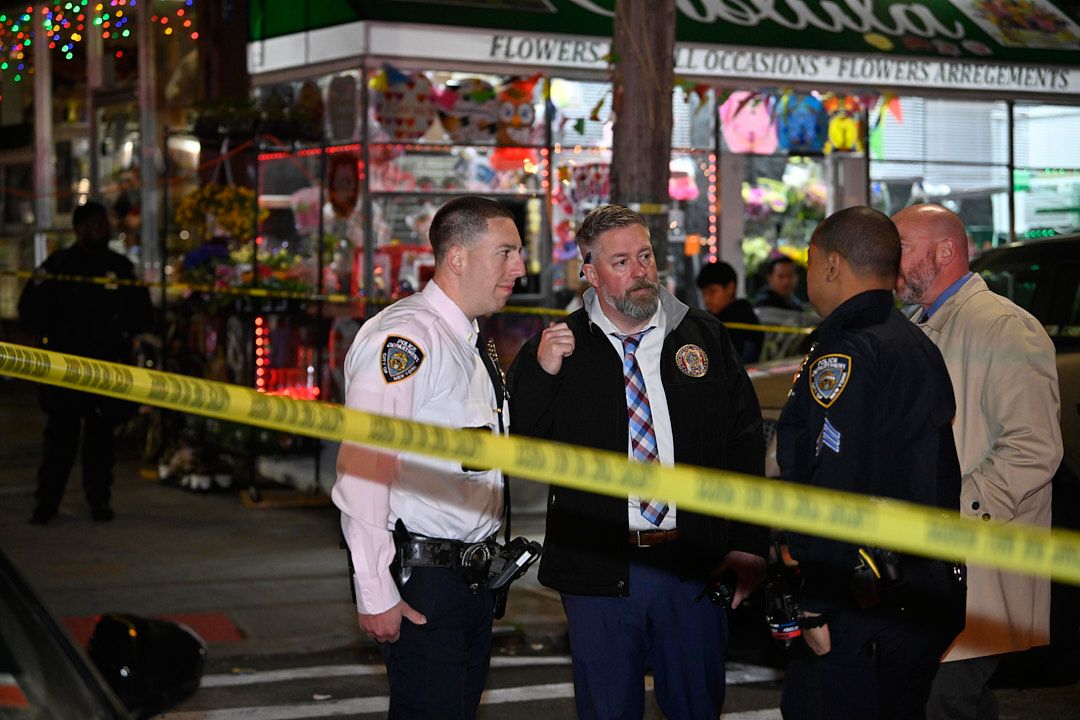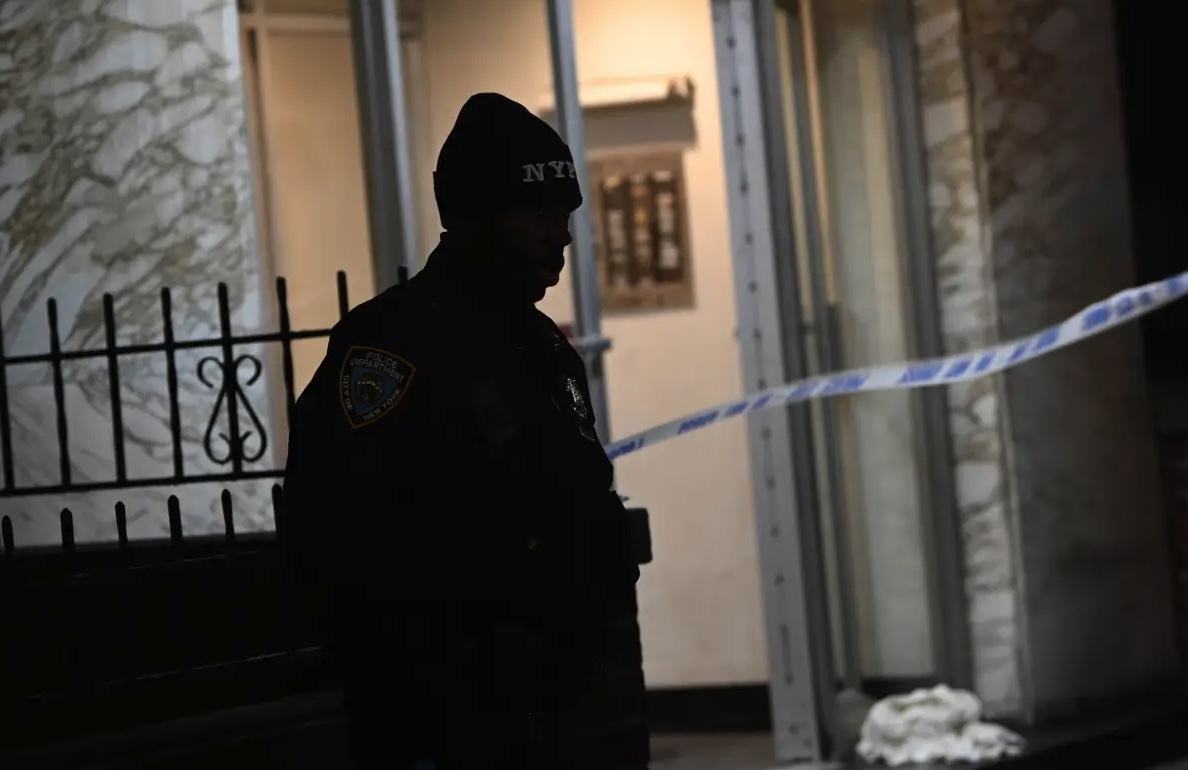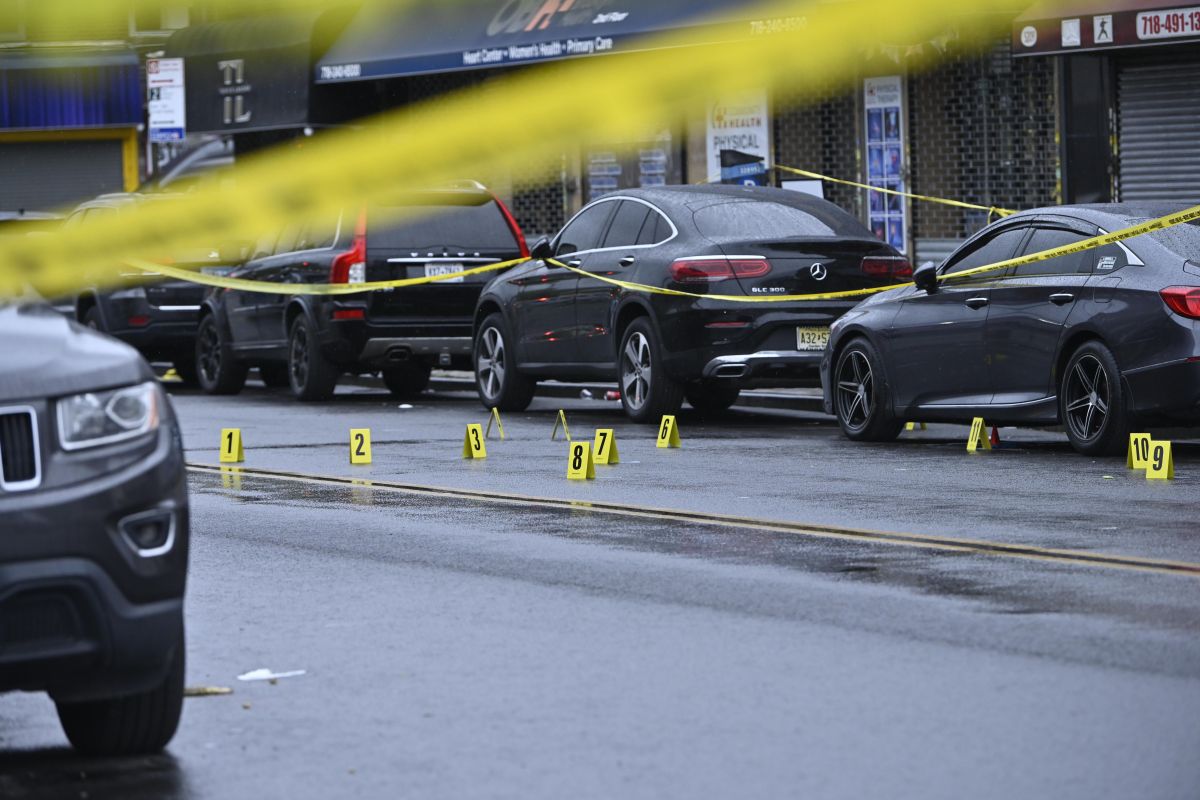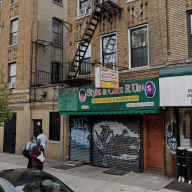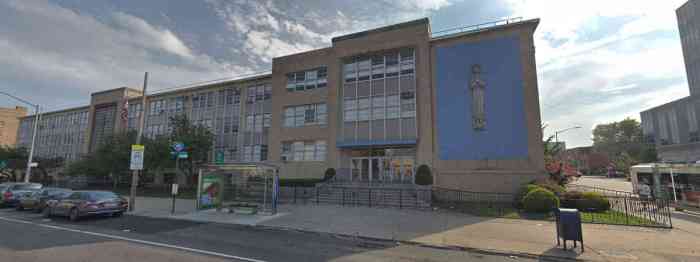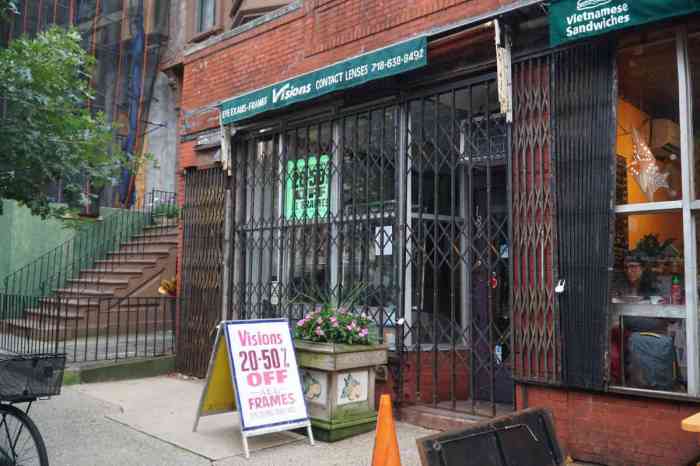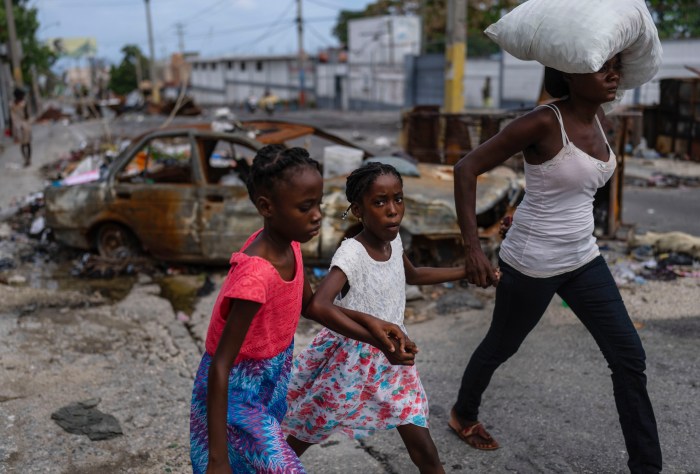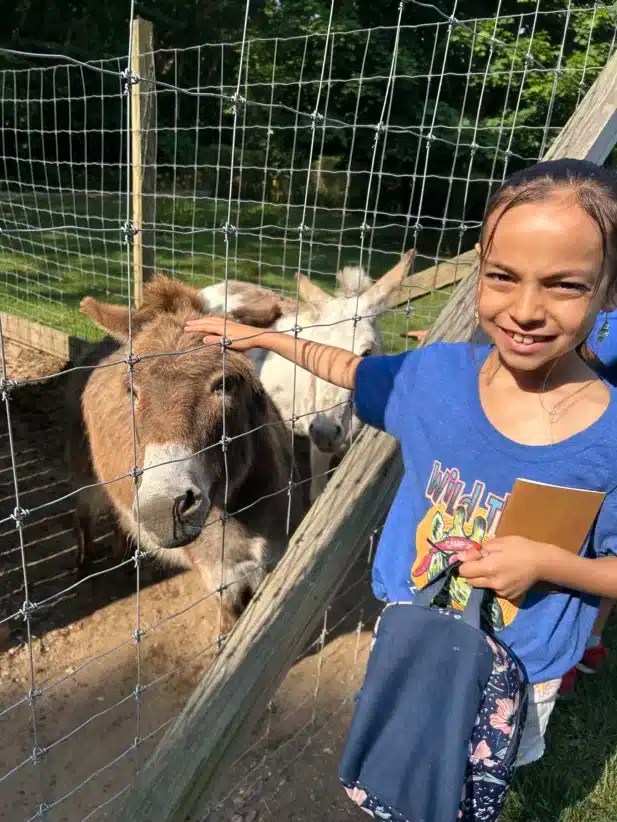Park stewards reopened the gardens at Floyd Bennett Field on May 2 to hundreds of elated green thumbs — reversing a decision from the previous week that closed the gardens in order to store out-of-commission MTA buses.
“It’s phenomenal,” said Adriann Musson, who returned to the Floyd Bennett Gardens with 100 other gardeners on Saturday. “I don’t have words to describe the relief people were feeling.”
The reopening came five days after the National Parks Service shut down Floyd Bennett Field to store around 160 MTA buses that are out of use because of a reduction in service during the COVID-19 pandemic.
At the time, park managers opted to close the entire park, arguing that a partial closure would be “difficult to maintain and resource intensive,” an official told The City last week.
The closure of the Floyd Bennett Gardens — one of the largest community gardens on the East Coast — infuriated the 430 local gardeners, who blasted the park officials for prioritizing idle buses over residents, and argued that the gardens are not even close to the bus-storage area.
“We’re a tiny drop in [the Parks Services’] responsibilities and everything that they do. But I’ve been gardening there for 27 years,” said Musson on April 30. “This is a part of my life, and you’re ripping it out for buses?”
The 10-by-20-foot modular gardens don’t only provide gardeners with mental and physical release, but with a necessary source of food, green thumbs said.
“It really comes down to being a food access issue for a lot of people,” said Shannon, a gardener who declined to give her last name. “You got a lot of elderly people who go, and this is their lifeline.”
And as the coronavirus outbreak has disrupted the food supply chain and led to a sharp increase in unemployment, the gardens have become all the more vital, said Shannon, who claims the gardens have always helped pull residents out of poverty.
“I started at a time when I was on public assistance,” said Shannon, who has planted in her garden for about eight years. “It really, really helped support my family.”
The gardens’ closure sparked immediate public backlash. Gardeners wrote angry letters to the National Parks Service and Mayor Bill de Blasio — who said he was “not happy” with the federal agency’s decision.
“I just don’t why with so much less service going on, it would be necessary to knock out, you know, those opportunities for everyday people,” said Hizzoner at an April 29 press conference. “You know, I have to believe there are other alternatives.”
Following gardeners’ protests, parks officials finally caved — allowing pre-certified gardeners to enter the premises after passing a park police checkpoint.
“We’ve had two very good days,” Musson said. “Park police cooperated with us. We’ve had no problems.”
But while the gardens have reopened, the rest of the 1,000-plus-acre park will remain closed to the public while the MTA uses the space as a makeshift bus depot — indefinitely sealing off southern Brooklyn’s largest public park just as cooped-up Brooklynites begin searching for open space.
The 530-acre Marine Park next to Floyd Bennett Field remains open, but the Parks Department has blocked off its parking lots in an effort to limit visitors, Musson said.
“You can walk to it but you can’t drive to it,” said Musson, a Sheepshead Bay resident. “I would have to take a 2.5-mile walk to get to get to the park and walk around.”


